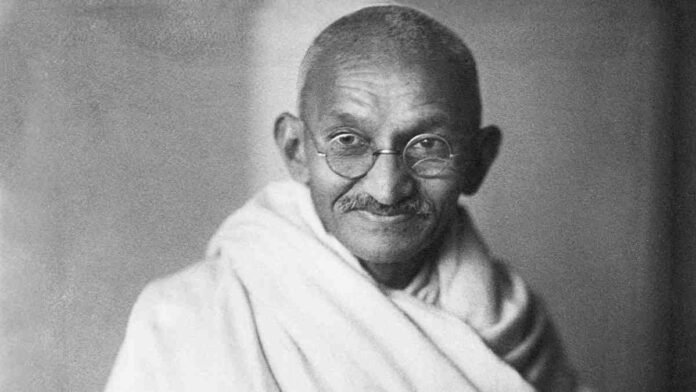Gandhi Jayanti is a national holiday observed every year on October 2nd to commemorate the birth anniversary of Mahatma Gandhi, who is known as the Father of the Nation in India. This day is significant because it commemorates Gandhi’s enormous contributions to India’s liberation movement and his lifetime commitment to the values of peace and nonviolence. His teachings on truth (Satya) and nonviolence (Ahimsa) continue to inspire millions throughout the world. Gandhi Jayanti is not only a commemoration of his legacy but also a reminder of the teachings’ continued significance in today’s society.
History of Gandhi Jayanti:
Mahatma Gandhi, one of India’s most respected leaders, was born on October 2, 1869 in Porbandar, Gujarat. His birthday is celebrated as Gandhi Jayanti, a day to remember his enormous contributions to India’s freedom cause.
Gandhi’s contribution to the liberation fight was unique because he led the country with a vision of nonviolent resistance. Gandhi advocated civil disobedience, which involved nonviolent demonstrations against unjust laws and practices, rather than armed insurrection. His actions, including the Salt March and the Quit India Movement, helped millions of Indians fight British rule peacefully.
Gandhi’s philosophy was based on two fundamental principles: truth (Satya) and nonviolence (Ahimsa). He thought that pursuing the truth and rejecting violence were the most effective approaches to promoting justice and long-term change, therefore he built his teachings on these principles. Gandhi Jayanti is observed to remind us of his inspirational legacy and the principles he upheld.
Key Facts About Mahatma Gandhi:
Mahatma Gandhi, who was trained as a lawyer in London, spent most of his early career in South Africa, where he battled against racial inequality. His experiences there impacted his beliefs about civil rights and justice, which he eventually took back to India. Gandhi rose to prominence in India’s freedom struggle, leading significant movements such as the Salt March (a protest against British salt taxes), the Quit India Movement (a call to end British rule), and the Swadeshi Movement (promoting the use of Indian-made goods over foreign imports).
Beyond politics, Gandhi was well-known for his humble lifestyle and strong conviction in self-sufficiency. He frequently utilized the spinning wheel (charkha) as a symbol of self-sufficiency, pushing Indians to make their own textile (khadi) as a means of rejecting British economic authority.
This underlines Gandhi’s commitment not only to India’s freedom, but also to the larger values of justice, equality, and self-sufficiency.
Celebrations and Traditions:
Gandhi Jayanti is celebrated with prayers and tributes at Raj Ghat, Gandhi’s monument in New Delhi. Schools and communities host events, talks, and cultural initiatives based on his principles. Furthermore, the day stresses cleanliness initiatives, notably the Swachh Bharat Mission, which is consistent with Gandhi’s goal of a clean and self-sufficient India.
Conclusion:
Mahatma Gandhi’s legacy of nonviolence, truthfulness, and simplicity continues to inspire people today. His principles are still useful in solving current issues such as inequality and conflict. By incorporating his principles into our daily lives, we may recognize his accomplishments and work toward a more peaceful and just society



